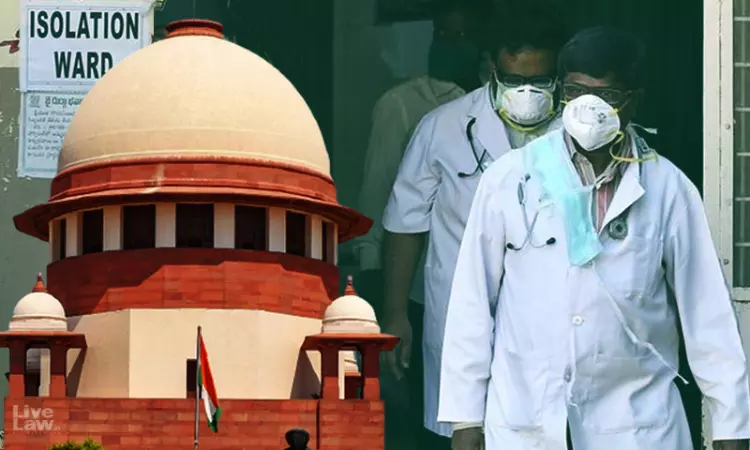Supreme Court Issues Notice On Plea Challenging Rule Fixing Rates Of Medical Services & Procedures
Anmol Kaur Bawa
19 Sept 2024 6:29 PM IST

Next Story
19 Sept 2024 6:29 PM IST
The Supreme Court on Tuesday (September 17) issued notice in Public Interest Litigation (PIL) challenging the rule regarding the fixation of rates for procedures and services by clinical establishments. The plea has been filed by the Association of Healthcare Providers (India) challenging the constitutionality of Rule 9(ii) of Clinical Establishments (Central Government) Rules, 2012 as...
